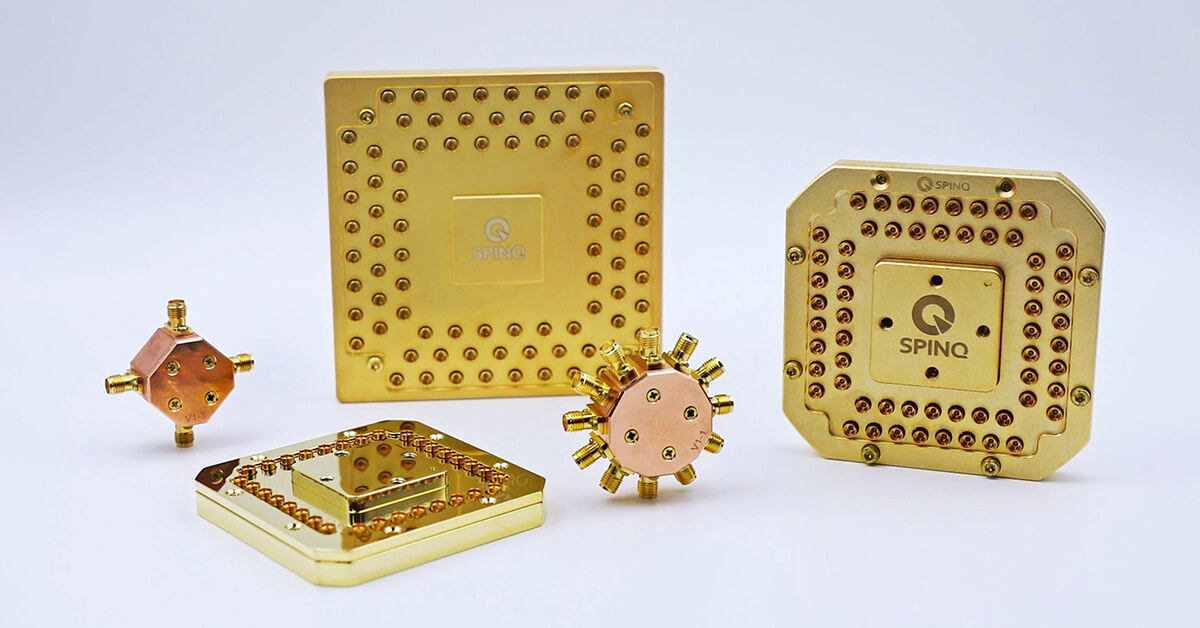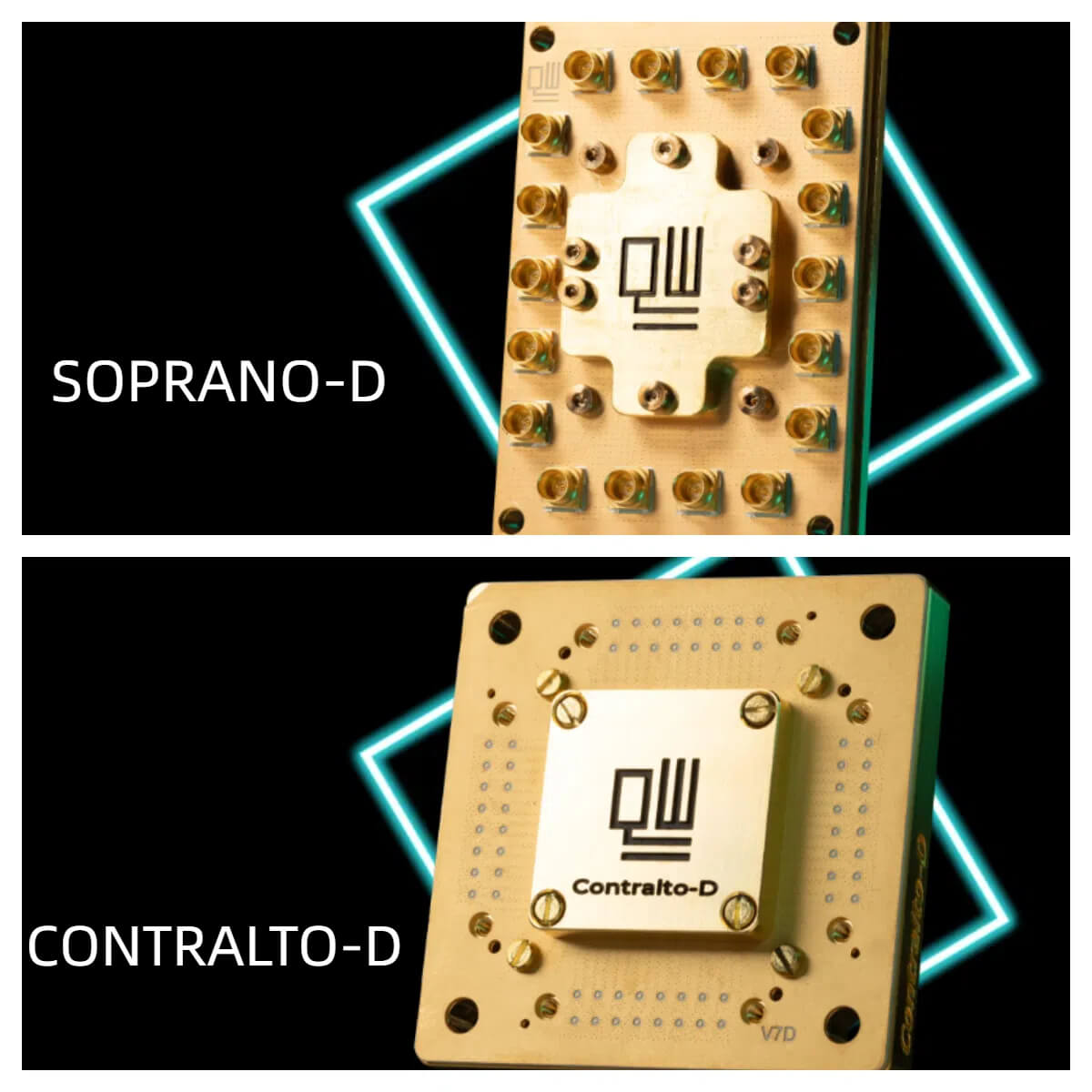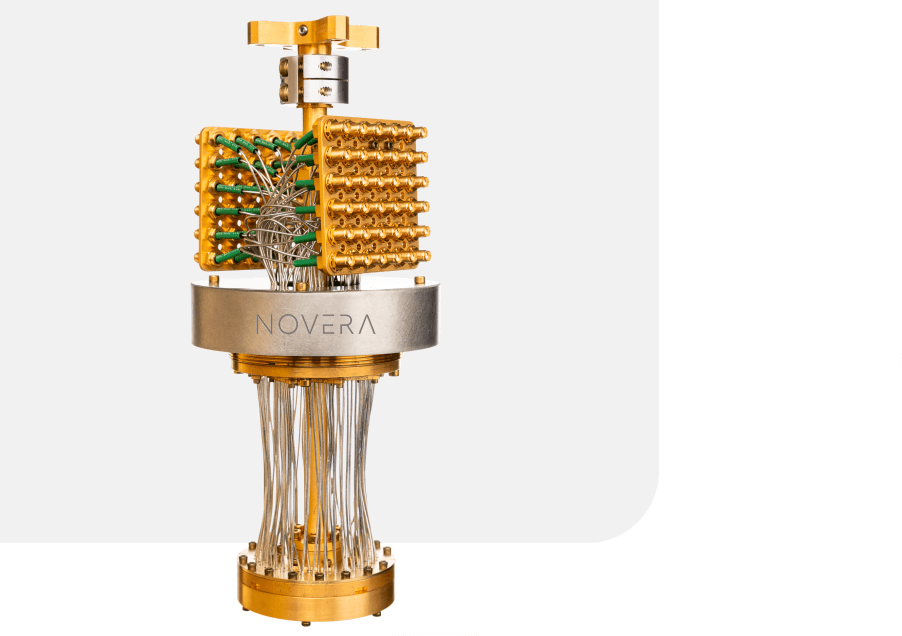Quantum Chip Price Guide 2025: How Much Does a QPU Cost?
2025.04.22 · Blog
As interest in quantum computing surges, many researchers, institutions, and investors are asking a key question: How much does a quantum chip cost? These chips, also known as QPU (Quantum Processing Units), form the core of quantum computing systems, and their prices vary dramatically depending on qubit architecture, performance, and vendor.
In this comprehensive guide, we'll explore current quantum chip prices, examine why fabricating quantum chips is so costly, and review prices from some leading quantum computing companies.
Factors Influencing Quantum Chip Prices
Quantum chip prices (QPU prices) vary significantly depending on factors such as circuit complexity, qubit count, and the intended use case (e.g., education vs. commercial deployment).
Beyond qubit quantity, the cost of a quantum chip is further determined by key performance indicators such as gate fidelity, coherence time, and qubit connectivity, along with physical integration factors like packaging design and the scope of technical support provided by the vendor.
Quantum Chip Price: How Much Does a Quantum Chip Cost? [2025 Updated]
-
Small-batch custom fabrication of quantum chips typically costs hundreds of thousands to over a million USD.
-
For research-grade prototype chips, the cost per chip can range from $50,000 to $500,000.
Here's a look at what top vendors are charging for quantum processing units:
#1 SpinQ (China)
SpinQ is a one-stop quantum computing solution provider dedicated to the industrialization and popularization of quantum computing. The company develops and sells superconducting quantum chips, superconducting quantum computers, education-grade NMR (Nuclear Magnetic Resonance) quantum computers, a quantum computing cloud platform, and quantum software.
SpinQ offers one of the most accessible QPU pricing tiers in the market:
-
Quantum Chips Price Range: $28K-$280K, depending on the model and service package.
-
Designed for quantum research, quantum education, and early industry prototyping, and commercial-grade quantum computing applications.
-
Chip calibration and advanced engineering support services are included, helping users get started quickly.
SpinQ supports the full quantum chip development lifecycle—covering design, fabrication, QPU foundry services, testing, and in-depth characterization—backed by comprehensive expert technical support.

#2 QuantWare (Netherlands)
QuantWare is a Dutch quantum computing company, specializing in developing superconducting quantum processors (QPUs). QuantWare's flagship technology, VIO, addresses the scaling challenges in quantum computing by enabling the creation of large-scale, monolithic quantum processors.
Quantum Chips Price Range: $65K- $320K
-
SOPRANO-D: $65K
-
CONTRALTO-D (advanced model): $320K
-
Known for modular, scalable architectures for integration into third-party systems.

#3 Rigetti (USA)
Rigetti Computing is a quantum computing company known for designing and manufacturing superconducting quantum processors.
Quantum Chips Price: ANKAA-9Q-1 chip priced at over $900K

Why Are Quantum Chips So Expensive?
Quantum chips are exponentially more complex than classical semiconductor chips. Fabricating quantum computing chips is extremely costly due to the need for ultra-clean environments, highly specialized equipment, and precision engineering. Here's a general breakdown of why their prices are so high:
Ultra-Precise Fabrication: Quantum chip manufacturing requires atomic-level engineering—qubits must maintain coherence and interact without decoherence. This process can only be done in highly specialized clean rooms using advanced quantum materials.
Dedicated Foundries: Unlike traditional chips, quantum chips cannot be produced in regular semiconductor fabs. A quantum chip fabrication foundry can cost anywhere from $200 million to $500 million, depending on scale and capability.
Low Yield, High Customization: The yield of usable quantum chips is extremely low due to the fragile nature of qubits. Many chips must be discarded during production, raising the unit cost of each successful QPU.
Specialized Infrastructure: Most QPUs, especially superconducting ones, require ultra-low temperatures near absolute zero to operate, necessitating expensive dilution refrigerators and infrastructure.
Quantum chip fabrication is a highly capital-intensive process that requires specialized foundries and advanced manufacturing capabilities. Currently, only a handful of quantum computing companies—such as SpinQ—offer commercial quantum chip foundry and characterization services.
Due to the significant technical and financial barriers, very few organizations possess the in-house capability to design and fabricate quantum chips. As a result, most quantum startups either form strategic partnerships or procure QPUs from leading industry players like IBM, Intel, Google, or SpinQ to support their quantum hardware development.
Future of QPU Pricing
As the quantum computing ecosystem matures, QPU prices are expected to gradually decrease for low- and mid-range systems, especially those aimed at quantum education and quantum R&D.
However, high-fidelity, error-corrected QPUs will likely remain costly for the foreseeable future due to the enormous technical hurdles in scaling quantum processors.
Conclusion
Whether you're exploring quantum computing for quantum research or enterprise deployment, understanding quantum chip price and what influences it is critical to making informed decisions.
As quantum hardware evolves, expect greater accessibility, especially from providers like SpinQ who is pioneering more affordable quantum chip solutions.
Featured Content






